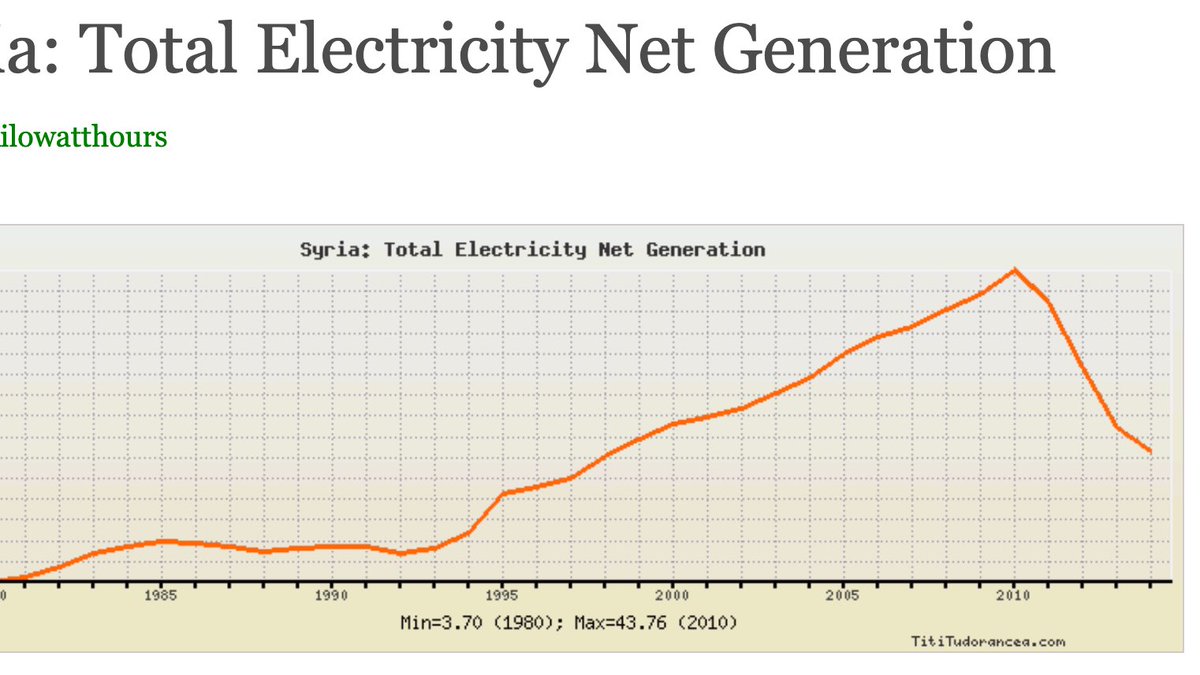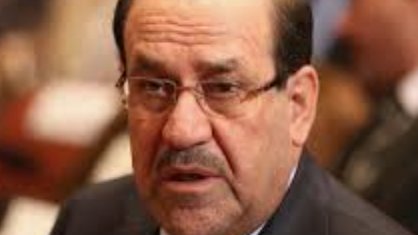
The Syrian Elections are not about popular sovereignty. Everyone knows the outcome.
They are about Assad declaring victory in the war - his wish that the revolution be seen to be over.
His unstated opponent is the Syrian opp., who argue that the revolution can still succeed.
They are about Assad declaring victory in the war - his wish that the revolution be seen to be over.
His unstated opponent is the Syrian opp., who argue that the revolution can still succeed.
https://twitter.com/WataniS/status/1397125821115125761

These videos of supporters, like his main election slogan - "Hope is in Work" - are meant to convince people to put their heads down and go back to work - to accept the reality: the uprising is over & Assad remains.
The opposition states the opposite.
The opposition states the opposite.
https://twitter.com/ibrahimbinmasud/status/1397272452540084232
The Syrian opposition seeks to convince Syrians that sanctions are a necessary price to rid the country of Assad & that continued Western pressure & isolation of the regime can work.
Assad wants foreign governments to re-engage, to see that more pressure is pointless.
Assad wants foreign governments to re-engage, to see that more pressure is pointless.
Just as the Abraham Accords were to indicate that the Palestinian issue was over & Israel had won, the Syrian elections are to indicate that Assad has won & that continued talk of a "political solution" based on UN res 2254 & free elections is pointless.
theguardian.com/world/2021/may…
theguardian.com/world/2021/may…
Of course the analogy with the Abraham Accords is only partially correct because, although most Syrians wanted change, many did not want the armed rebels.
• • •
Missing some Tweet in this thread? You can try to
force a refresh







